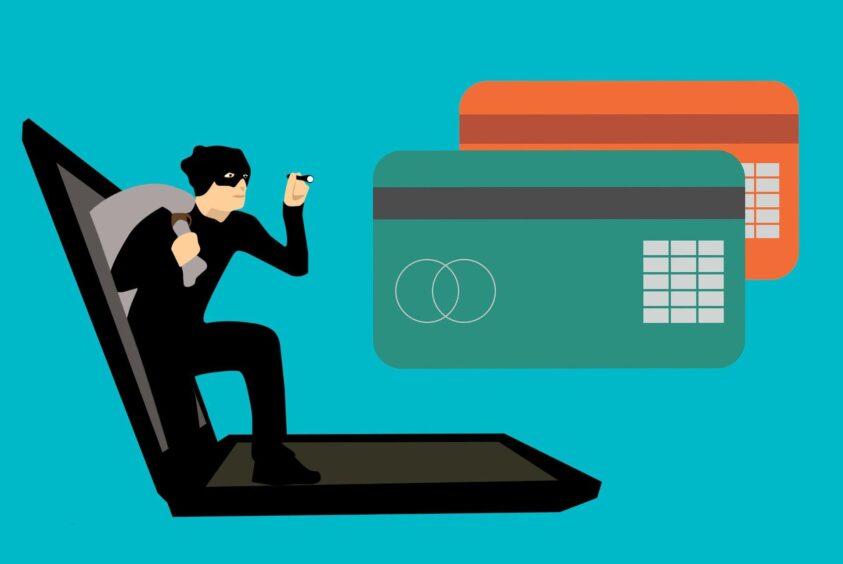The world of online safety can seem intimidating and complicated. There is a lot of jargon used and sometimes it seems as though no-one starts at the beginning – a certain level of knowledge is assumed, which can leave some people, particularly older generations, who have not grown up with this technology, feeling overwhelmed.
There is a lot of information out there and there are a lot of criminals using the internet to commit crimes. Older generations are particularly vulnerable to cyber-crime. This is partly because cybercriminals tend to go for the big pay-outs and the more senior people are the more solvent they are assumed to be and the better their credit rating. Having a good credit rating means that banks, credit cards, and other money lenders are going to want to lend more money because they are confident they will have an easy time getting their money back. The better someone’s credit rating the higher the price their information, which can lead to their identity being stolen, can be sold for.

So what can older people and retirees do to keep safe online?
The following tips are easy to follow and easy to implement and will hopefully help you to hang on to your hard-earned dollars.
- Keep your online accounts to a minimum – use a financial online tool such as Paypal to make your online purchases so you don’t have to enter your bank or card details every time you make a purchase. Have only one email account if possible and only have accounts with the social media platforms that you actually use. Permanently delete anything that you don’t use regularly. Having unnecessary accounts makes it much more difficult to keep track of your information and means having to create and remember more passwords.
- Check out guides to online safety and security that are specifically aimed at older generations – there are plenty out there – and the more knowledge you have the better able to protect yourself you will be.
- Don’t fall for so-called Grandparent scams – this is when people posing as your Grandchildren or other family members contact you and ask for money to be sent to help them out of a difficult situation – such as a medical or legal emergency. By doing a little online research online fraudsters can gather a lot of information about you and your family; names, birthdays, the area you live in for example and so can easily impersonate a loved one. These types of scams work because they scare people into acting before they have thought it through.

- If someone sends you an email, be aware that they might not be who they say they are. Phishing is a type of internet crime where an email is sent pretending to be from a real company but is fake. Remember that real companies will never ask you for private or sensitive information such as account details, passwords, or social security numbers.

- Follow the advice on creating and remembering secure passwords – surveys have shown that millions of people who were victims of online crime used easily guessed passwords such as ‘password’, ‘qwerty’ or ‘123456’. Good tips for creating secure passwords include not using the same password for multiple accounts, avoiding names, birthdays, sports teams, and places as these can all be discovered and/or guessed by hackers. Instead, try using song lyrics, lines from poems, or quotes from films with a few choice differences – maybe without vowels or with unusual capitalizations or symbols replacing some letters. If you find creating and remembering passwords difficult – don’t write them down and more importantly don’t store them on your computer, smartphone, or other devices. Instead, you could try a password manager.
Want more news from the Tech world for Gaming Peripherals to Hardware Click Here








You must be logged in to post a comment.